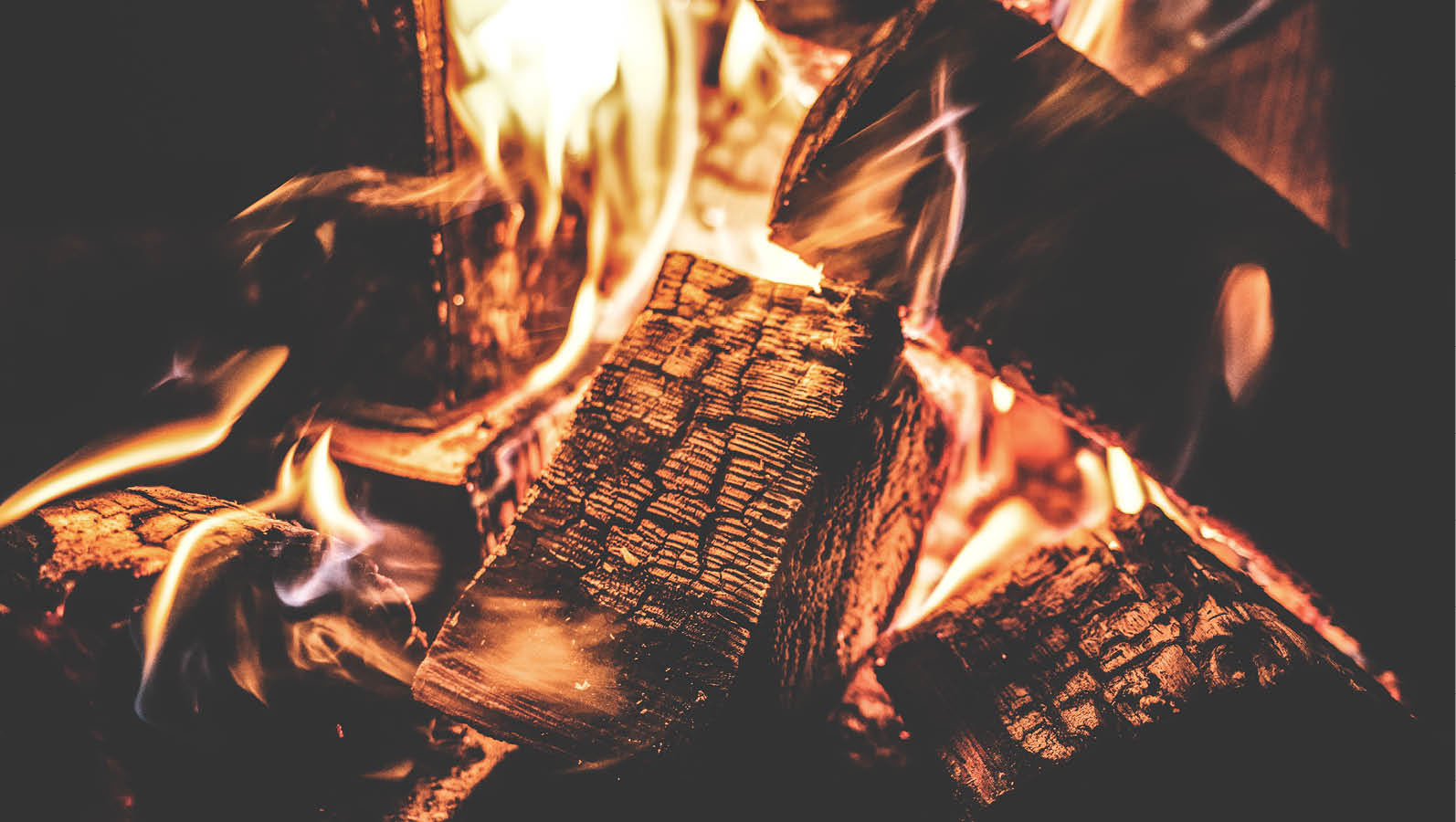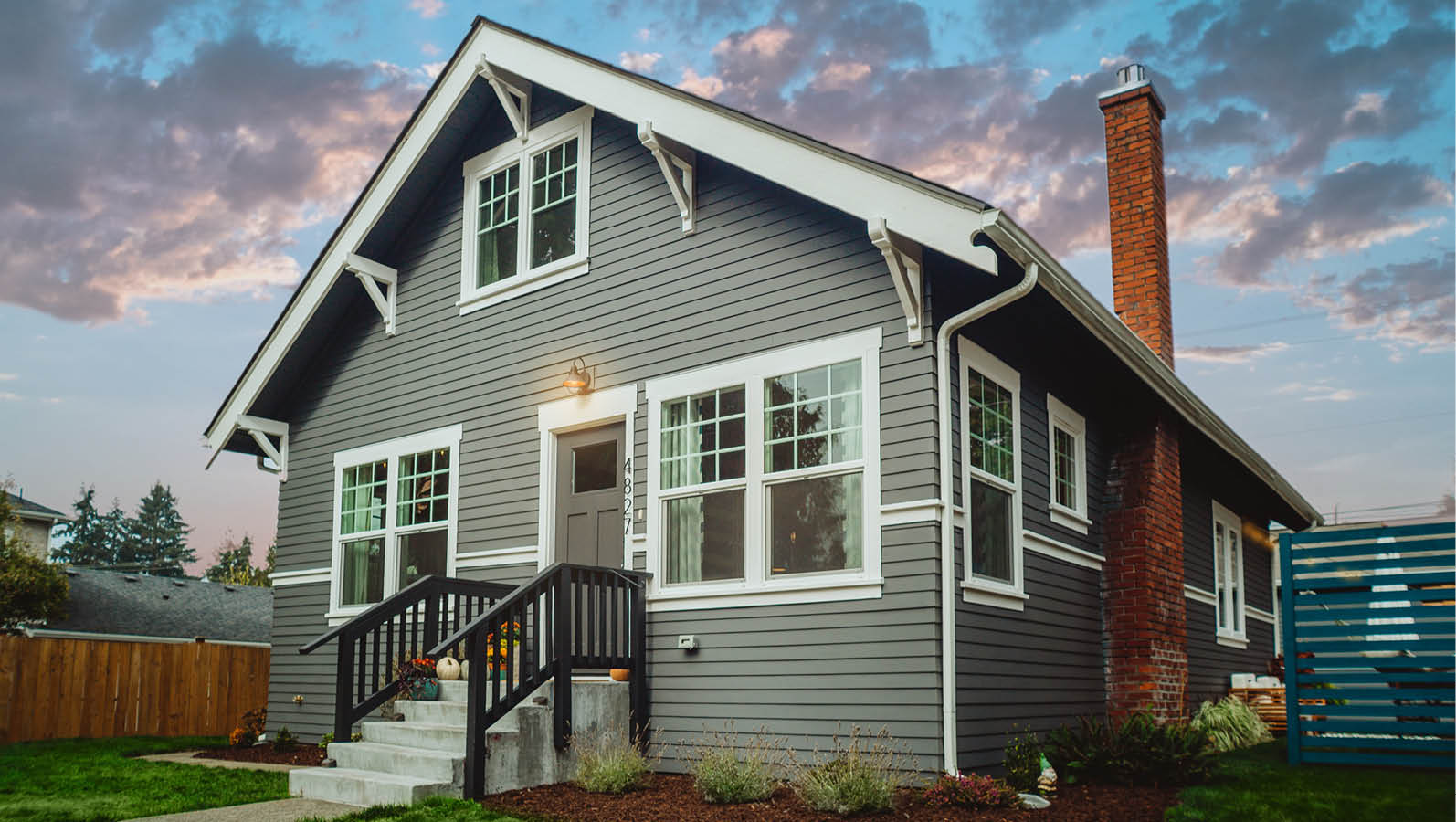Top Home Hacks to Save Energy and Cut Costs
Denver has already seen its first snow flurries of the season. Is your house ready for the change of seasons?
As the temperatures start to fluctuate and drop below freezing, it’s time to start thinking about the colder months and how your house will be impacted. If your home as energy efficient as it should be?
Daylight savings is officially over. If you’ve been postponing home improvements that can reduce your heating and electric bill, it’s time to start addressing those details before it gets too cold. Helping your home to withstand the snow, wind and cold is vital in keeping the inside toasty warm.
Start a home maintenance checklist that helps your home handle the changes of the seasons. Your home will love you for it.
1. Load up on Firewood
If you have a wood burning fireplace, make sure you start stocking up on firewood. There is nothing worse than experiencing a blizzard without the benefit of a crackling fire. There are a number of local companies that sell firewood by the cord and it’s best to take advantage of the bulk prices instead of forking over $6 every time you go to your local grocery store.
For gas burning fireplaces, it’s a good idea to have it serviced yearly. A professional will make sure the ignition is firing properly and that the gas logs are positioned properly. Make sure you have the volcanic cinders or embers to create the look of a “real” fire.

2. Clean the Chimney
While we’re on the topic of fireplaces, make sure you have the chimney professionally cleaned at least every other year. If you have used the fireplace frequently, it should be done yearly. Regardless, don’t wait more than three years. Covering the top of the chimney is a good idea as animals have been known to explore the nooks and crannies, and may cause trouble. Also, if the stone/brickwork on the exterior of the chimney is starting to show signs of wear, consider sealing the cracks to prevent further damage, especially with frequent freezing and thawing. And remember, before you start a fire, make sure the damper is open!

3. Has Your Furnace Been Checked?
If you haven’t done so already, set up an appointment to get your furnace serviced. It’s best to be proactive when it comes to keeping your home warm this winter. A tune-up and safety inspection can be purchased for less than $70, and it’s well worth it. Check for discounts through Groupon and local business directories. Also, remember to change your furnace filters at least every three months (more frequently if you have pets).
While you’re having the furnace checked, you may as well have the technician inspect your hot water heater as well. It may save a service call down the road.
4. Replace Worn Weather Stripping
One of the best ways of saving energy is having proper weather stripping on your home’s exterior doors. Inspect the doors and make sure you can’t see a gap or daylight. If you do, apply new weather stripping to create a good seal. You also may want to check your window frames for cracks. Use a smooth finish filler to seal these gaps and paint as needed.
5. Keep Those Ceiling Fans Spinning
Circulating warm air is a great way of saving on your heating bill. Check your ceiling fan and make sure the blades are moving in a clockwise direction (winter); counterclockwise (summer). You can save up to 10 percent on your energy costs by making this adjustment.

6. Use Your Thermostat to Lower Heating Costs
If you don’t have a programmable thermostat or smart thermostat, consider investing in one, especially if you plan to live in your home for awhile. There is no sense heating your home when you aren’t there; programming when the furnace kicks in and stays on will save you a ton of money on your heating bill. At night, be sure to turn down the heat. You’ll find that you sleep better when the room is cool and you have a heavy comforter or several blankets keeping you warm.




